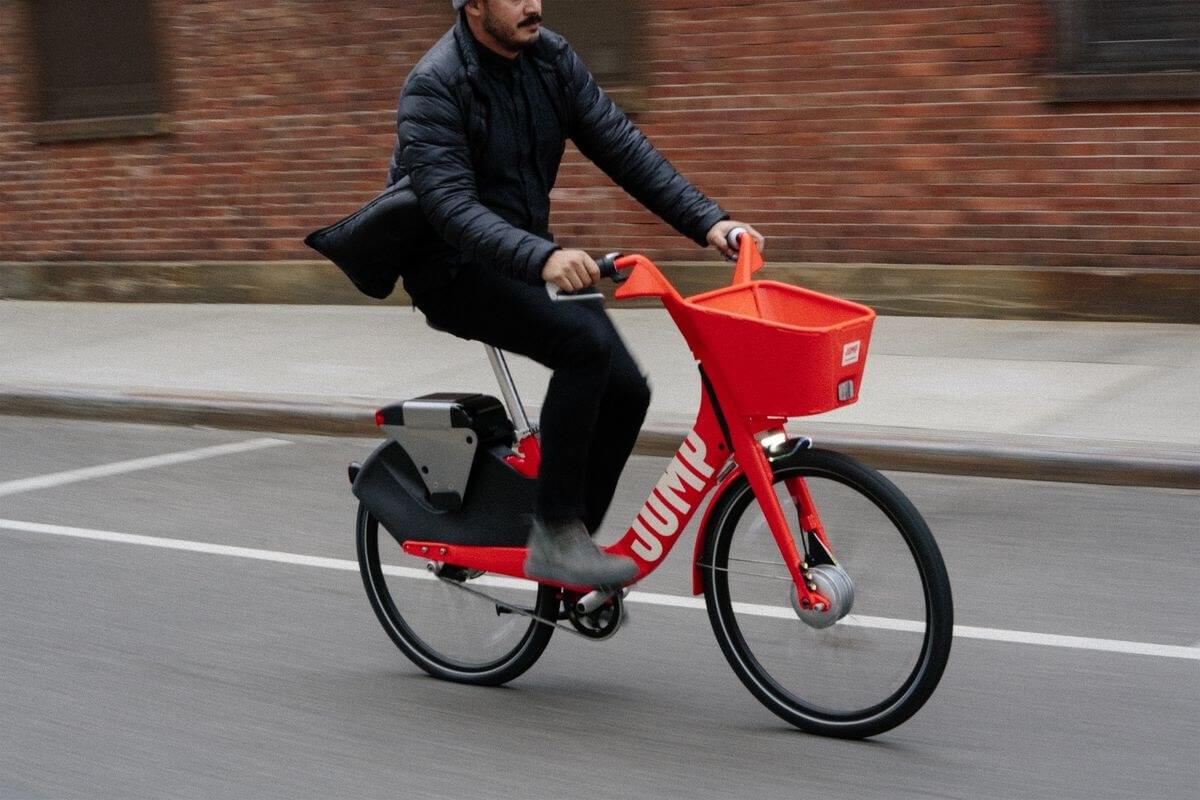Bottom line: In the near ten years since it was founded, ride-hailing company Uber has grown into a multi-billion-dollar business. But its CEO says plans are in place to switch focus from cars and more on its electric scooter and bike business, even though the move will likely affect Uber's bottom line.
Dara Khosrowshahi, the former Expedia boss who took over after Travis Kalanick's troubled reign came to an end last year, told the Financial Times that these alternative modes of transport are better suited to inner city travel.
"During rush hour, it is very inefficient for a one-tonne hulk of metal to take one person 10 blocks," he said.
New York and Washington are two of the eight US cities where Uber has added e-bikes to its app, while Berlin is set to become the first European city to receive the function. The company acquired bike-sharing company Jump for $200 million earlier this year, and both Uber and Alphabet invested $335 million in electric scooter start-up Lime last month.
Uber lost $4.5 billion in 2017, so the announcement is a bit of a surprise, especially as it's expected to go public soon. The company earns less per mile from renting scooters and bikes than from car rides, but it believes they will result in more long-term engagement by users.
"Short-term financially, maybe it's not a win for us, but strategically long term we think that is exactly where we want to head."
While the shift toward bikes and scooters sounds like bad news for drivers, who will likely receive fewer fares as a result, Khosrowshahi believes they will ultimately benefit as passengers are more likely to take longer, and therefore more expensive, rides.
"When I've spoken to our driver partners about it, the first impression was, why are you bringing in a bike to compete against me?" he said. "The second impression after the conversation is, oh, I get a longer ride where I can make more money? Sign me up."
